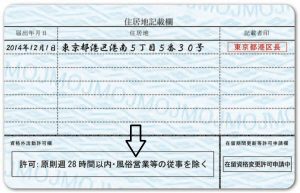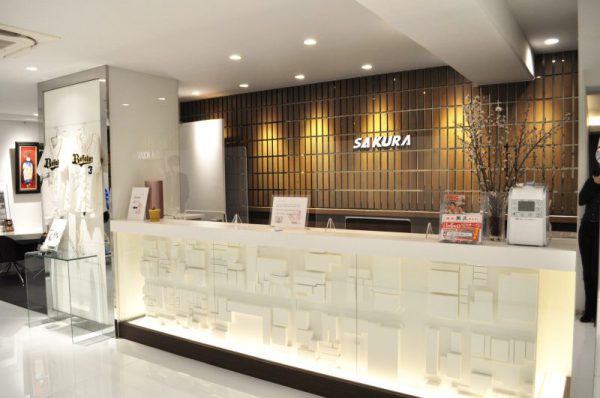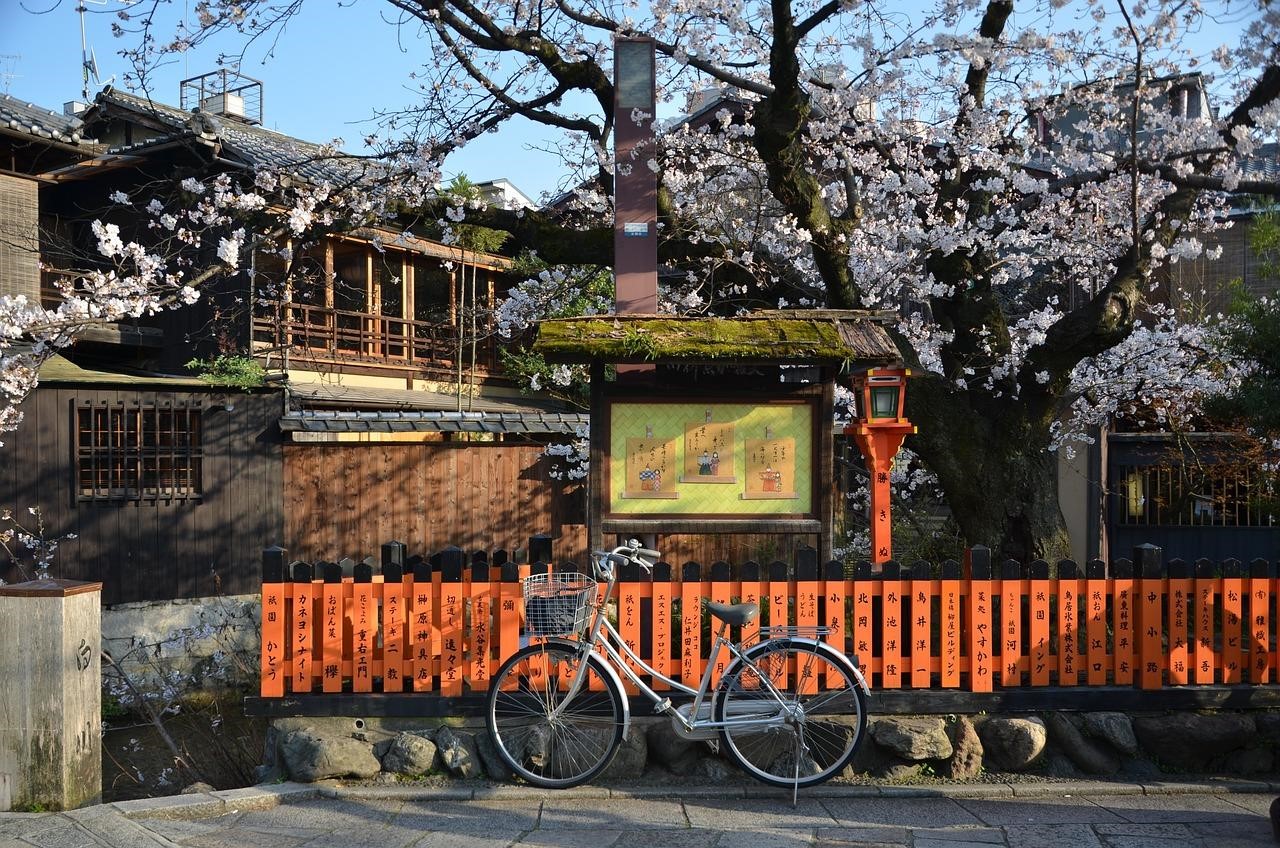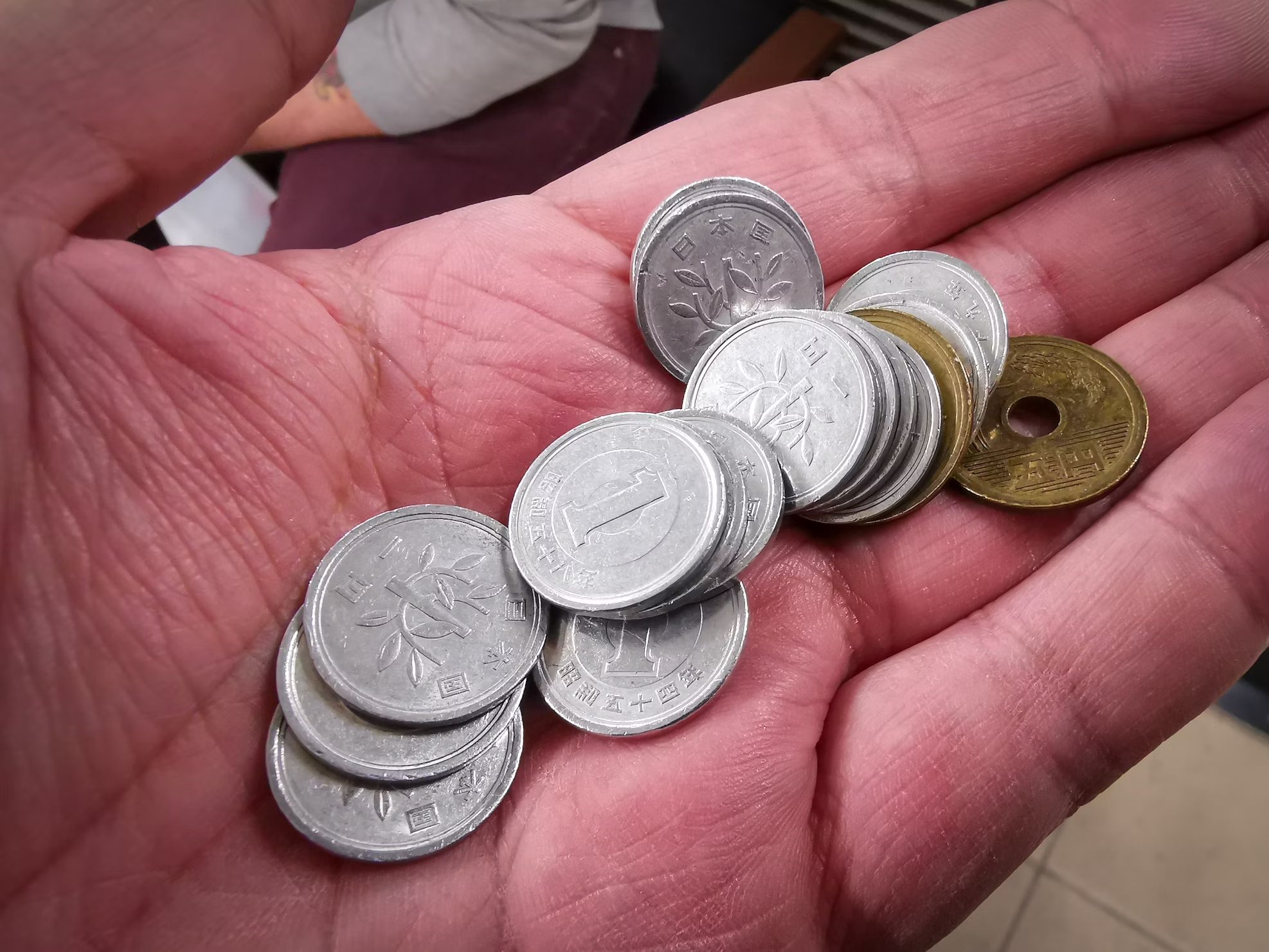Part-time job hunting for international students: Preparation and points to keep in mind
2022.09.22

International students often work part-time while studying abroad, but it isn’t always easy for everyone to find the right job. In this article, let’s take a look at some information for international students to keep in mind before starting to look for a part-time job.
About the author
I’m an international student from Vietnam, and this is my 4th year in Japan, where I’m currently studying at Kyoto Koka Women’s University. I started working part-time three months after coming to Japan. The reason I started so early is that I wanted to quickly immerse myself into my new environment and learn more about Japan, while also making some money on the side.
My current job is to prepare food at a rooftop restaurant in a hotel near Kiyomizu-dera Temple. I’m finally able to do what I always wanted to do: work at a high-end restaurant. At first, it was very stressful because I wasn’t confident in using honorific language and dealing with customers, but after some practice, I am now able to use honorific Japanese, speak politely, and work as a team with my colleagues.
I also have experience doing other types of part-time work before, so I’d like to share all my knowledge with other international students who are currently looking for a part-time job.
① Before starting to look for a part-time job
In order to study in Japan, international students are given a status of residence called “Student” (ryuugakusei). This visa doesn’t allow you to work full-time, but you can still work part-time. However, to be able to work in Japan, first you must obtain a “permission to engage in activities other than that permitted under the status of residence previously granted” before looking for a part-time job. To get this permission, you’ll need to apply to the Immigration Bureau. There are two ways to do this: you can apply when you first enter Japan at the airport, or you can apply at the Immigration Bureau closest to where you live after entering Japan. International students living in Kyoto Prefecture can apply at the Osaka Immigration Bureau’s Kyoto Branch.

International students are allowed to work 28 hours a week. During long holidays like summer vacation, students can work up to 8 hours a day and 40 hours a week.
② How to find a part-time job
There are several ways to find a part-time job, but I mainly used recruitment apps that I could use on my phone. Part-time job recruitment sites and apps have many kinds of job listing, so before you start looking , think about what kind of part-time job you’d like to do. The following three apps helped me find my current job.
 |
TownWork | This is the app I use the most. There are many job openings, and you can find plenty of job listings for various part-time jobs. You can save your past search conditions and receive notifications for job openings similar to those you’ve searched for in the past. |
 |
Baitoru | Use Baitoru to gather information before applying for a job. You can also save filters for job conditions you like and compare them. I found my current part-time job using the keyword “Italian restaurant.” |
 |
My Navi Baito | This app is made for international students, so all the information is presented in a way that’s easy to understand, and it even has a simple design, so I think it’s especially easy to use. You can search by requirements of Japanese level, but all the job listings you’ll find are explicitly recruiting international students. |
This app is made for international students, so all the information is presented in a way that’s easy to understand, and it even has a simple design, so I think it’s especially easy to use. You can search by requirements of Japanese level, but all the job listings you’ll find are explicitly recruiting international students.
You can also ask your friends and acquaintances to share information on part-time jobs. By networking, you’ll be much more likely to secure a job and you’ll also get a lot of useful advice from your friends before you start working.
Universities and Japanese language schools also have information corners for part-time job hunting. My university constantly uploads part-time job related information to their official website.
③ Resumes for part-time job
You’ll need to submit a resume when you apply for a part-time job. Resume formats are usually sold at convenience stores, stationery corners in bookstores, 100-yen shops, etc., but you can also download a format online.
For example, I downloaded mine from this website:
https://townwork.net/magazine/knowhow/resume/t_resume/83911/
There is a difference between resume used for job hunting (for full-time jobs) and resume used for part-time jobs, so please be careful not to use the wrong format.
Let’s take a look at how to write a Japanese resume. Please keep in mind that when a Japanese resume is written by hand, you’ll need to use a black pen.

Photos are a must in your resume. Please pay attention to your appearance, posture and attire when taking photos.
Name and address
The first time I wrote my resume, I accidentally wrote my address wrong, so ever since then I fill this part out while looking at my residence card.
For educational background write about your two most recent experiences.
If you have any kind of part-time job experience, write it in the job experience column. If you are applying for a part-time job for the first time and have no experience, feel free to leave it blank.
Write about hobbies and special skills that are related to the job you are applying for.
There is usually a “personal preference” column on the resume form. When I have no particular preference, I usually just write “I will comply with your company’s regulations”.
④ Interview
I made a checklist for myself to check the day before my interviews. With the help of this checklist I wouldn’t need to hurry or panic on the day of the interview.
〇 Clothing: A simple plain shirt and pants are recommended. It is best to avoid wearing shorts, miniskirts, and shorts.
〇 Interview time/address/phone number: If you are late or get lost, you can contact the hiring manager, so make sure to save their phone number in advance.
〇 Look up and roughly memorize the route to the venue.
〇 Make sure to remember the name and the department of the hiring manager.
〇 What to bring: resume, writing utensils, seal, memo pad

( Greeting → Explanation of the job → Typical interview questions (e.g. your strengths etc.) → Preferred shift and Q&A → Interview results )
Most of my interviews went according to the image above. The goal of the interview is not only to determine whether you can work properly as a member of staff, but also to confirm if you really want to work there.

In my case, I was often asked the following questions during interviews.
・Why are you studying in Japan?
・How long have you studied Japanese?
・Why did you apply? What is your preferred shift? How many days a week can you work?
・Are you able to work during major holidays (e.g. New Year’s Eve or Obon festival)?
・Do you have any previous part-time job experience?
If you are not confident in your Japanese skills, first try to answer these questions and practice them. You can also look up “part-time job interview questions” or “part-time job interview examples” online to find a lot of useful material.
Also, if you don’t understand something during the interview, feel free to ask the interviewer to repeat it for you. It’s important to make sure you understand the question before answering. That way you will leave a good impression showing that you are a person who can thoroughly check things, instead of giving a random or a wrong answer. If you have any questions about the job you are applying for, feel free to ask the interviewer near the end of the interview .










